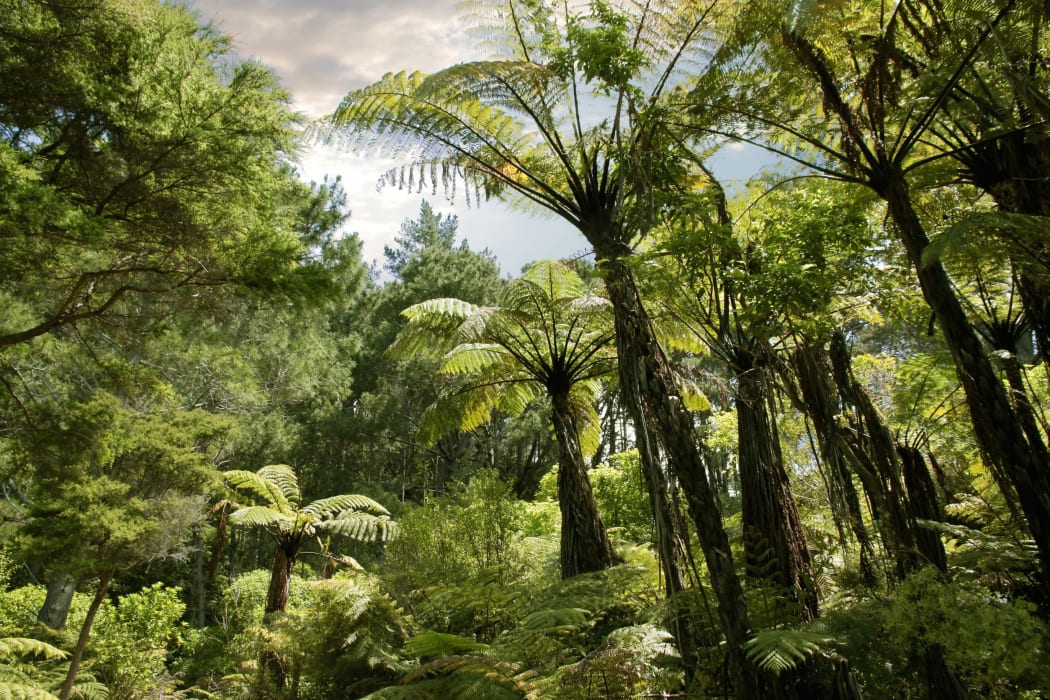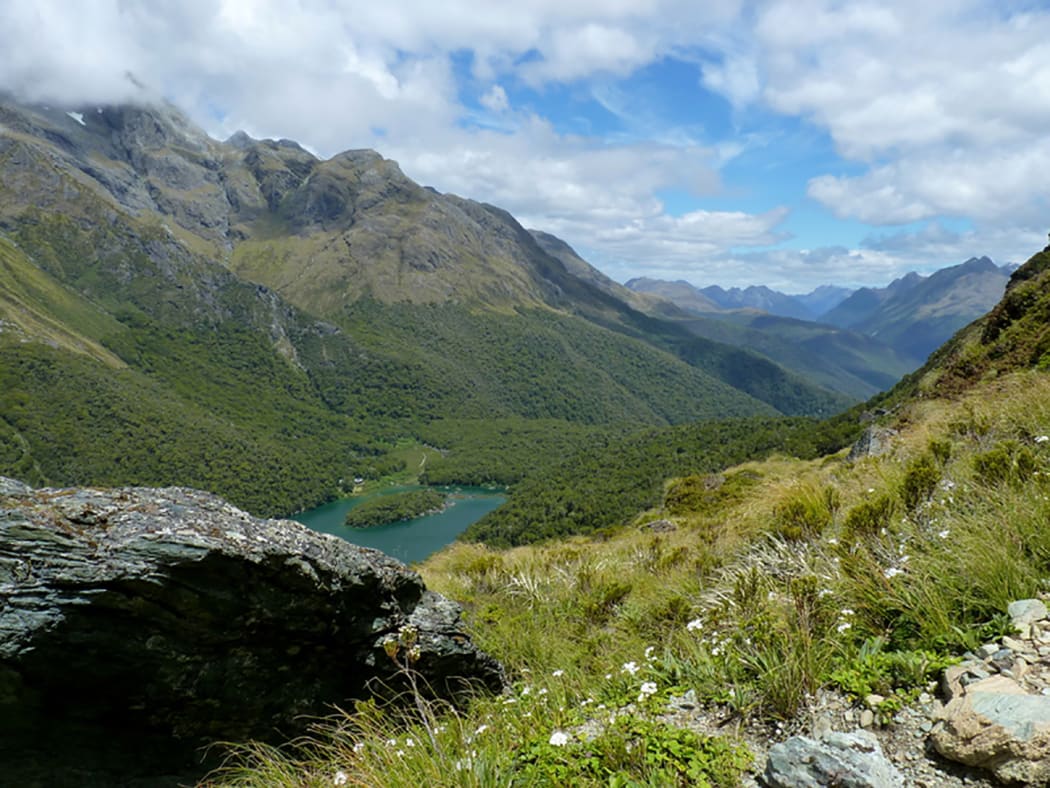Humans are wiping out species worldwide, but an ecologist says human activity is also responsible for ushering in a new age of biodiversity.

Photo: 123RF
But University of York ecologist Chris Thomas says human activity is also ushering in a new age of biological diversity.
This optimistic view is laid out in his new book, Inheritors of the Earth: How Nature Is Thriving in an Age of Extinction.
He told Afternoons with Jesse Mulligan it is important to state that he agrees humans are causing extinctions but there are also biological gains from our impact on the environment.
"I was nervous about writing this book but I think it's important to put together all of the information about how diversity is actually growing in [most] parts of the world.
"And that when we make decisions about the future and how we influence the environment of the world, that we do think about these environmental gains as well as the losses."
For example, Thomas says New Zealand now has more species of vertebrate animals than before humans arrived.
"So it's not a complete ecological disaster zone at all. It is, from a perspective of a set of species that were there before.
"If you say 'well it's not how it used to be', yes that is correct, but if you say 'is it less biodiverse', then objectively no."
Thomas says the non-native plant species that have become established in New Zealand tend to remain in parts of the environment that have already been disturbed by humans, with the vast majority of bush vegetation still New Zealand flora.
"The danger to the vegetation in New Zealand is people disturbing it rather than the European weeds [becoming] taller than the forest, they're just not going to."
He says in the past species survived climate fluctuations by moving to warmer or cooler parts of the globe. About 10 percent of the planet's species are currently at serious risk of extinction from climate change.
If we want to prevent that we need to think about moving them to places they can endure, he says.
And while transplanting species around the planet can cause ecological turmoil, mostly when species arrive in a new place they usually have almost no effect on the native animals and plants, Thomas says.
In Britain there are about 2000 non-native species and not a single animal or plant has died out because of their arrival, he says.
That said, Britain's ecology is essentially entwined with mainland Europe's so it's not that often that something comes along that isn't at least similar to flora and fauna already present.
When land mammals (think possums, rats and stoats) arrive in islands of the Pacific or New Zealand that haven't previously had them, the species that can't handle them disappear. However, most are able to resist and adapt to the new arrivals, he says.
And he says in Hawaii the mass die-off of birds from disease is an unfortunate consequence of the reality of the mass movement of humans, and the animals travel with them, around the planet.
"The trouble is, if you've got places where the moment a rat arrives the flightless birds die or the moment a mosquito arrives … species becomes extinct as a consequences, this is a really sad consequence of globalisation, but it's really hard to defend places like that.
"How long are we going to do it for? Is the population of the Oceanic islands prepared to take on this … fight and keep just doing it for ever?

Chris Thomas says there is no return to a rose-tinted past. Photo: Department of Conservation
"And actually, not quite all of them but nearly all of the really sensitive species [have] already died out."
Thomas says although care needs to be taken when moving species at risk of extinction, even trying to re-home 5 percent of them equates to roughly 500,000 different species, making in-depth studies of potential negative consequences of transferring them impossible.
"We just not going to do it, we're going to stand by and let them die out because we're not going to have all of this information."
He says he would like people to stop equating change with loss, because the idea that we can go back to a rose-tinted past is a fiction.
And Thomas says he wants to spark a discussion and make people think about whether their conservation efforts are a waste of time, and if they are doing something that is going to make a genuine difference in the long-term.

